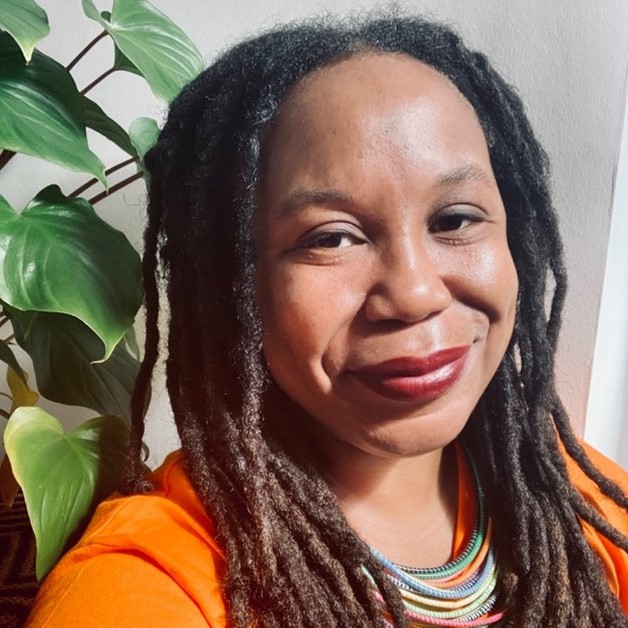Women of Colour Resist - Engaging with Activists


Dr Akwugo Emejulu
Department of Sociology
Summary
Women of Colour Resist is a cross-national comparative research project that examines how women of colour activists in Belgium, Denmark, France, Germany, Spain and the United Kingdom strategise, organise and mobilise against austerity, against the far right and for migrants’ rights. The six countries in this study are currently experiencing some form of destabilisation due to a combination of austerity, a backlash against migration and illiberal politics. Our project attempts to make visible women of colour activists’ successes and challenges. Working with six research assistants who conducted the fieldwork, we undertook 167 interviews and focus groups and analysed activists’ social media activity from May 2019 to January 2020.
What prompted you to engage with this policy/project?
This project centres the experiences of women of colour in Europe—a group too often overlooked and dismissed as inconsequential to our understandings of activism and solidarity or, worse still, represented as passive objects who are merely bystanders to the deeply troubling developments in Europe, namely crushing austerity measures and the far right backlash. This project is about telling a different story about activism and the struggle for justice and rights in Europe.
Where did you hear about the opportunity to engage with policy, and who did you contact in the first instance?
Having come from an activist background, I have always been interested in the decision-making processes of activists and their successes and failures. So I engage with activists by first creating spaces where they can encounter a diverse range of activists working on different kinds of issues from across the European continent. These spaces function as places of mutual exchange and peer education whereby activists can learn from each other and share ideas, strategies and tactics. Listening to these conversations in turn helps me better understand our gaps in knowledge about women of colour’s activism and I try to develop research projects that will help all of us—activists, policymakers and academics—make sense of and support women of colour’s activist labour for a better world.
What support did you receive, and from whom?
None of my work would be possible without the support and trust of the activists themselves. This trust has been slowly built over years by my sustained engagement with various activist networks and groups. By working closely with them, I have in turn been able to help them in their tireless work of advocating for racial, gender and economic justice.
How does policy engagement impact the rest of your work?
Just about all the work that I do is oriented towards making change, or in academic parlance, ‘policy engagement’. So I’m always thinking about what kind of impact my work might have, how I might get policymakers and journalists to take up the issues raised in my research and how I can best engage my students on these topics.
What advice would you give to other academics when engaging with policy and policymakers?
There’s an assumption built into policy and impact work that policymakers are open to be engaged with on a range of issues and that academics are somehow positioned in such a way as to effectively engage with them. That is not the case.
For those of us who work on issues to do with welfare, migration and related topics, we constantly encounter policymakers impervious to meaningful engagement. For example, even though we warned that austerity is a ruinous economic policy, especially for the most precarious groups, shrinking and privatising welfare states has been a policy priority at both the national and European levels for more than a decade.
Given that we’re in a context of backlash and retrenchment, engaging with policymakers is incredibly difficult. This isn’t an access problem or even an issue to do with ‘upskilling’ academics for engagement, but rather this is about power and understanding whose voices and views matter and are taken seriously at this particular moment.
